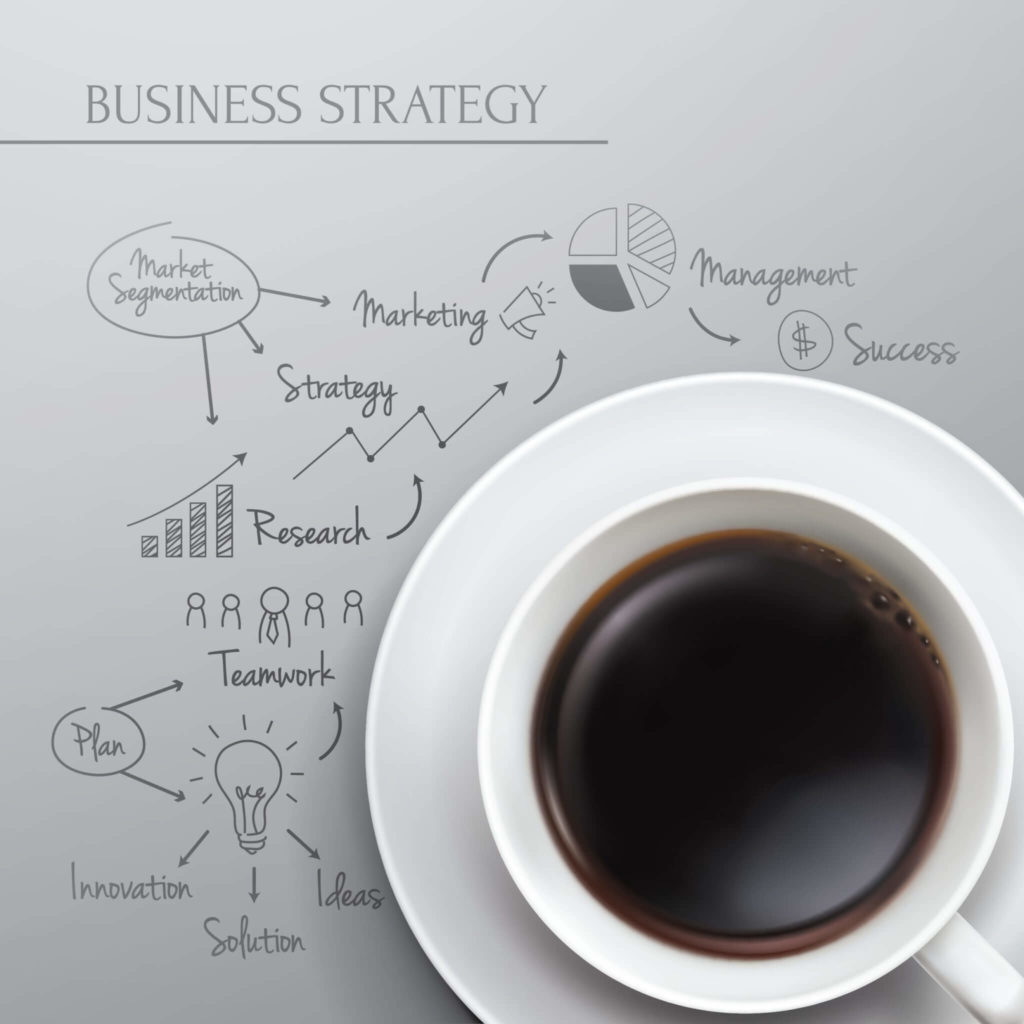I have always been interested in being an entrepreneur. As a kid, I sold greeting cards and mowed countless yards. In college, I went to Mexico to study Spanish and paid for most of the cost by buying American candy in bulk and reselling it at a markup to other students in school. Things haven’t changed during my working career either, as I’ve spent far more time working for myself than working in a corporation. So I understand the attraction and challenges of entrepreneurship, and I am also acutely aware of how financial planning for entrepreneurs is different.
Planning in the early stage of an entrepreneurial venture is more focused on the business and improving cash flow than it is on personal financial planning. But once the business is up and running, if you’re an entrepreneur, there are still a number of ways in which your plan differs from a plan for a non-entrepreneur. Here are a few:
You’ve got a number of options with regards to tax reduction
Assuming you’re the owner of the business, you have to make a number of different choices that will impact your tax bill. Whether to have an employer sponsored retirement plan and if so, what type, will determine how much income you can shelter from tax. How you choose to compensate yourself – via wages or profit distributions – can impact the amount you pay in tax for social security and Medicare. Lastly, what you can write off as a business expense will impact taxes too, although this is much less important than many first-time business owners assume.
You choose the benefits
When working with an employer – and particularly a large employer – you often have a full array of benefits. Healthcare and retirement plans are typically the biggest benefits, but many employers offer group life and disability insurance as well. When you become the employer, you choose the benefits and in most instances, federal law requires you must offer your employees the same types of benefits you receive through your company. Insurance typically plays a role in a personal financial plan, so we often recommend that entrepreneurs who don’t have benefits via their company purchase them on their own.
There is more risk…and potentially less risk
The startup phase for most businesses is fairly risky, as personal cash flow is negative, and in many instances, you may find yourself funding the business personally. Furthermore, if you’ve taken on debt which you’ve personally guaranteed to get things up and running, you could lose more than just your business. But once the business is up and running and cash flow reaches a desired level, being an entrepreneur can be less risky than being an employee. Most entrepreneurs have many customers, and the chance that revenue will go to zero is low. Employees, on the other hand, have one customer – their employer – and they either have their job or they don’t. Thus, owners of established businesses often need a smaller emergency fund than those that work for others and draw similar compensation.
A potential payoff
For many entrepreneurs, one of the primary motivations in starting their own business is the payoff when their business is sold. When we begin working with entrepreneurs, one of the first questions we ask is whether they have an exit strategy, and if so, what they expect to net from the strategy.
In many instances, this payoff is a key part of the financial plan, but some of our entrepreneur clients are able to save enough while running the business to meet their financial goals. When that’s the case, the pay off on sale of the business can be transformative, allowing the client to consider options they’d never previously thought possible. Retiring years before “normal” retirement age, starting another business or only working on things that are really interesting to them personally are all things clients in this situation have achieved.
I know from personal experience that it can take a few years for the trajectory of a new business to become clear. Until that happens, it can be difficult to construct a plan to meet your personal financial goals. However, once the dust does settle, financial planning for entrepreneurs is key, as it will help you understand how to translate business success into attainment of personal financial goals.



